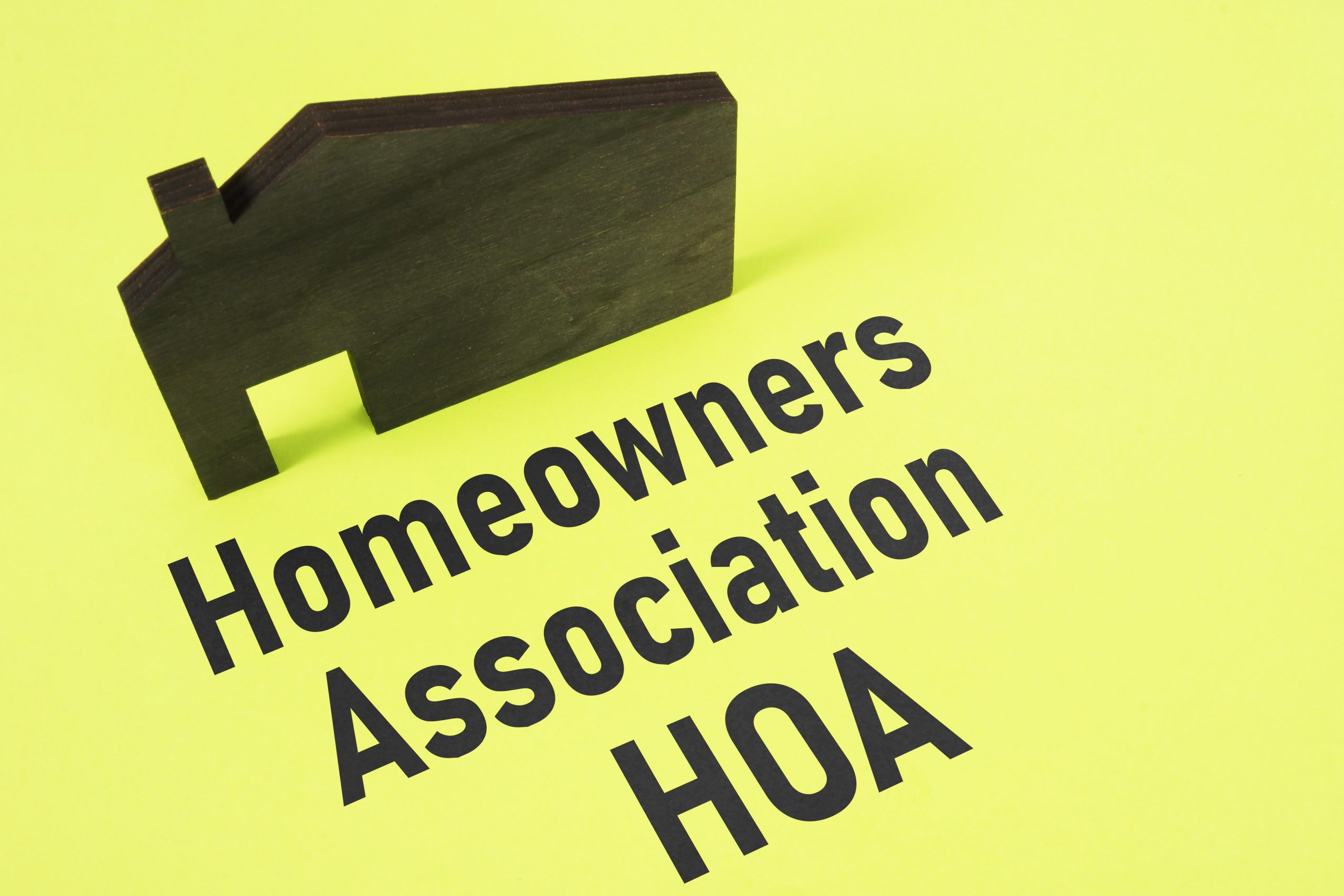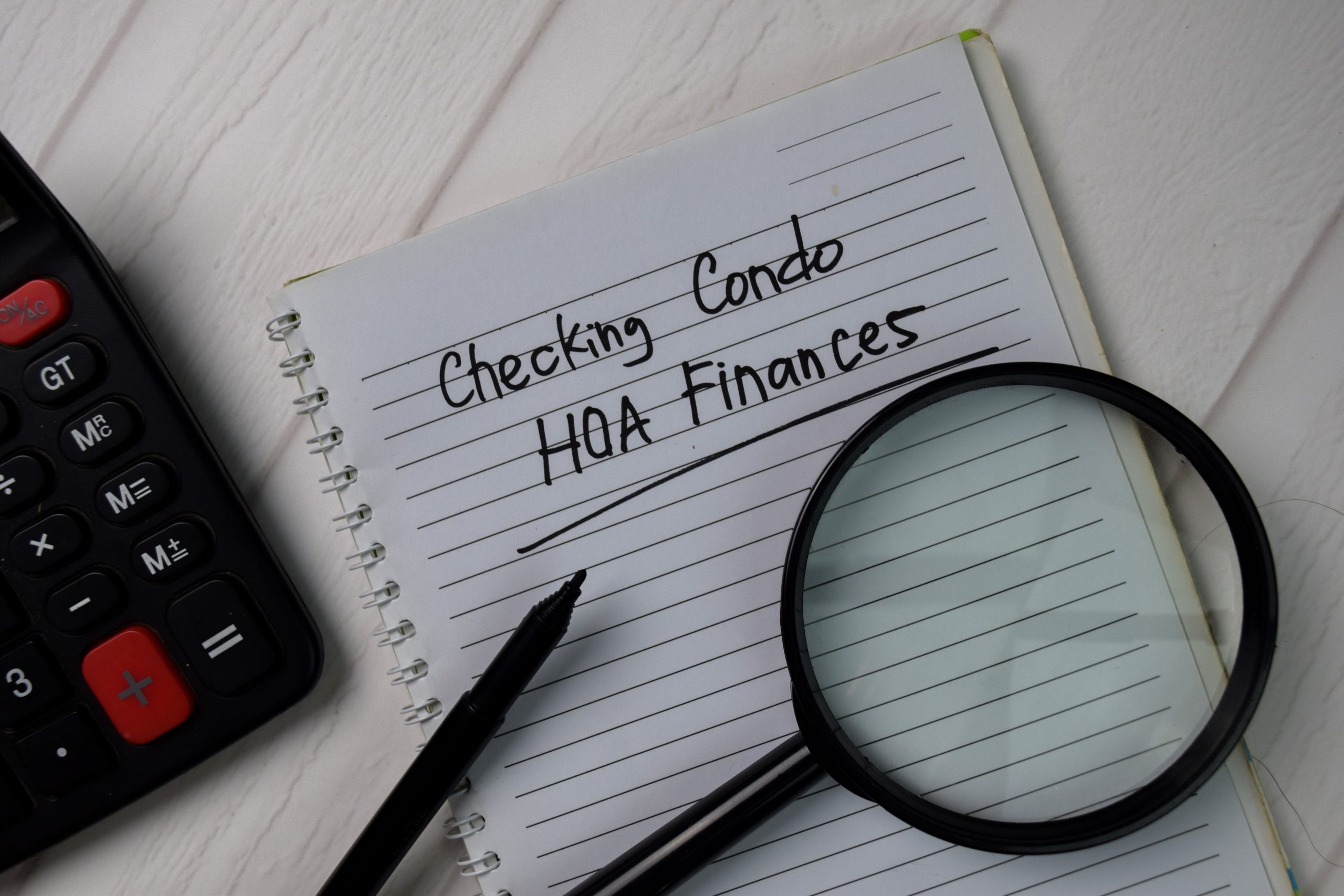Assembly Bill 648 – HOA Meetings by Teleconference.
In an effort to enable greater access to homeowners association (“HOA”) meetings, and enhance HOA members’ ability to participate and comment on matters of interest, the Davis-Stirling Common Interest Development Act, the primary body of law governing HOAs in California, was amended to allow HOA meetings to be held by teleconference.
Assembly Bill 648 was signed into law and became effective on January 1, 2024. AB 648 adds Civil Code Section 4926 to the Davis-Stirling Act. Prior to passage of AB 648, Civil Code Section 4090 required meetings of an HOA board of directors (“Board”) to be held in-person at a physical location, or by teleconference only in certain situations.
Newly added Civil Code Section 4926 allows a meeting of the HOA members or meeting of the Board to be conducted entirely by teleconference (including video conference), without any physical location being held open for the attendance of any HOA member or director on the Board (“Director”) if specified conditions are satisfied. These conditions include, among others, a requirement that the notice for the meeting provide clear instructions on how to participate by teleconference, and each HOA member and Director must have the same ability to participate that would exist if the meeting were held in person. Also, the telephone number and email address of a person who can provide technical assistance with the teleconference process, both before and during the meeting, must be provided in the meeting notice.
These teleconference provisions do not apply to an HOA meeting at which ballots are counted and tabulated pursuant to Civil Code Section 5120.
Assembly Bill 1458 – Reduced Quorum for HOA Board Elections.
In order to streamline the process for election of Directors to HOA Boards, the Davis-Stirling Act was amended to allow for reduced quorums in certain situations.
HOAs are required to periodically hold elections for the Board of Directors. The governing documents of many HOAs include a quorum requirement for any election of Directors. A quorum is the minimum number of HOA members that must be “present” – either in person or via mailed ballots – in order to make the election valid. An HOA’s governing documents may require a majority (at least 51%) of HOA members to participate for the election to be valid.
A number of HOAs report having trouble meeting quorum requirements for Board elections due to lack of participation by the HOA members. This inability to reach a quorum can prevent an HOA from electing Directors to its Board in a timely manner. An HOA may have to hold multiple elections in an attempt to reach the required quorum of its members.
Assembly Bill 1458 was signed into law and became effective on January 1, 2024. AB 1458 amends Civil Code Section 5115 of the Davis-Stirling Act and Section 7512 of the Government Code.
Civil Code Section 5115 as amended provides that if an HOA fails to reach a quorum required by its governing documents for an election of Directors, then unless a lower quorum is authorized by the HOA’s governing documents, the HOA may at a subsequent election reduce the required quorum to 20% of the HOA members voting in person, by proxy, or by secret ballot. This means that only 20% of the HOA members will have to participate in an election of Directors for the election to be valid. This reduced quorum requirement should allow Directors to be elected in a timely manner notwithstanding a lack of participation by many HOA members. The HOA must provide specified notices to its members before reducing the quorum. Similar amendments were made to Section 7512 of the Government Code.
Managing an HOA can be challenging given that HOA members and Directors often lead busy lives and may find it difficult to fully participate in the HOA. These new State laws should facilitate greater participation in and efficient operation of HOAs for the benefit of all members.
Authored by Reuben, Junius & Rose, LLP Attorney Jay Drake.
The issues discussed in this update are not intended to be legal advice and no attorney-client relationship is established with the recipient. Readers should consult with legal counsel before relying on any of the information contained herein. Reuben, Junius & Rose, LLP is a full service real estate law firm. We specialize in land use, development and entitlement law. We also provide a wide range of transactional services, including leasing, acquisitions and sales, formation of limited liability companies and other entities, lending/workout assistance, subdivision and condominium work.











